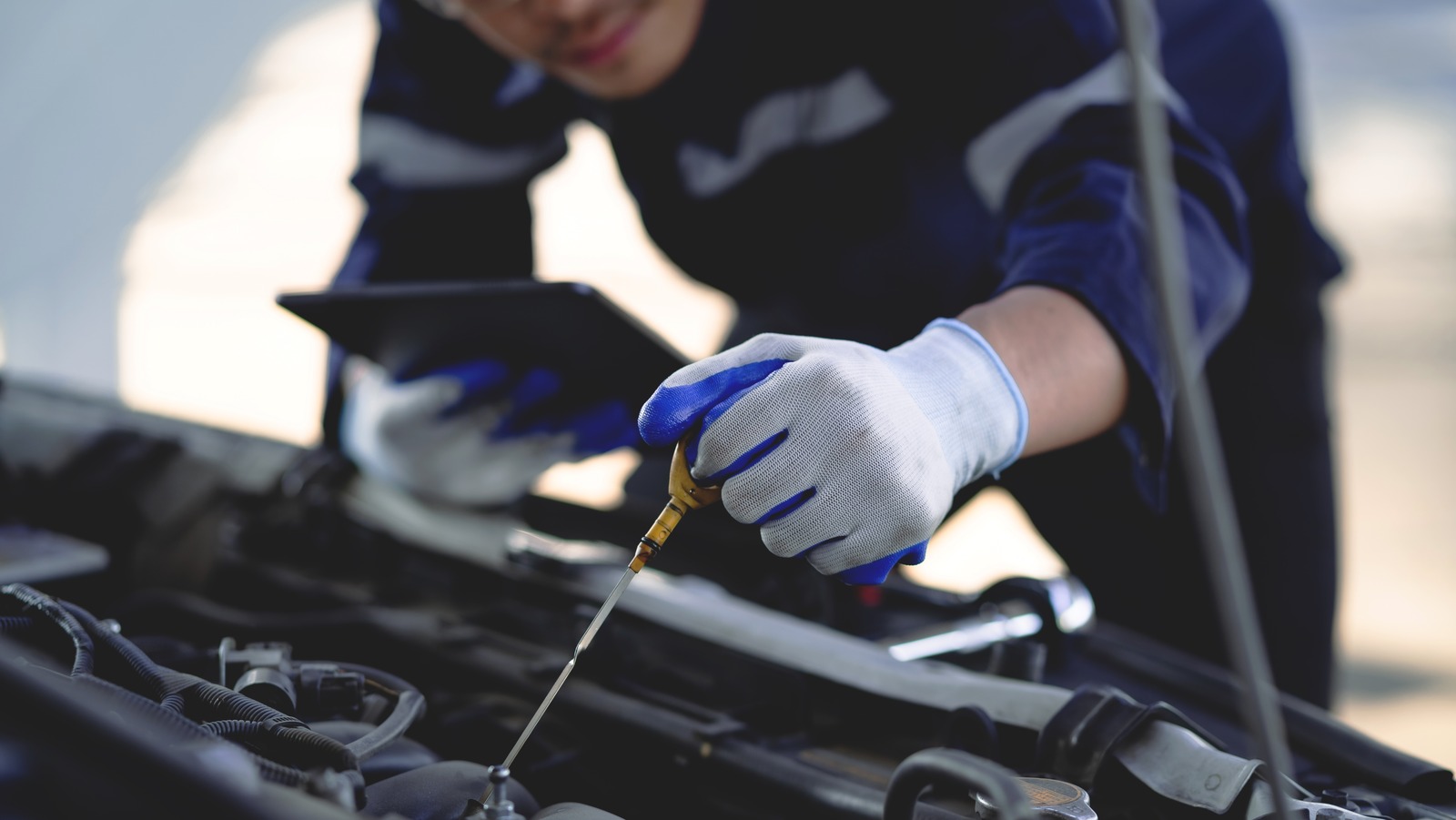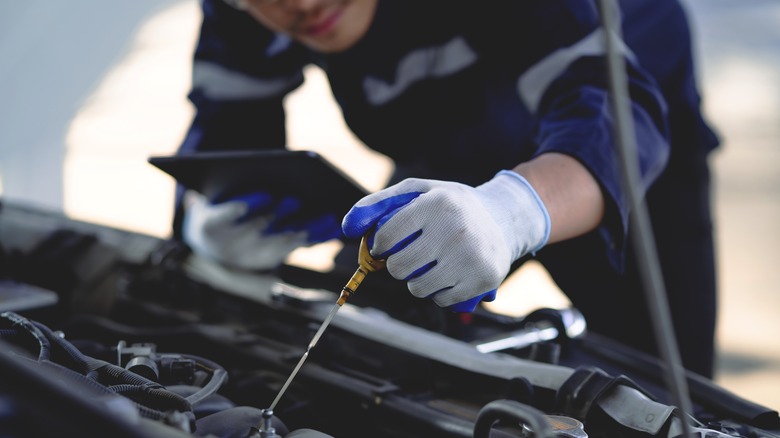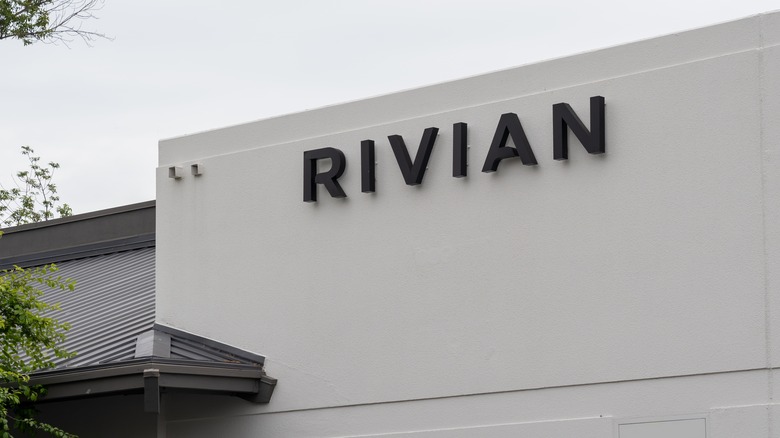President Trump announced 25 percent tariffs on all imported cars Wednesday night, presumably — at least in part — to distract from his cabinet’s ongoing national security scandal. That’s bad news for anyone who needs to buy a new car, but in addition to repeating the absolutely ridiculous claim that these tariffs “[address] a critical threat to U.S. national security,” the White House confirmed the tariffs will also apply to imported auto parts. It’s still entirely possible Trump will blink, and the tariffs won’t go into effect, but assuming they do, that’s going to be bad news for your wallet. Possibly even worse than the tariffs on imported cars.
If the tariffs were just on new cars, that would, of course, make those cars a lot more expensive. From there, it’s just basic economics. Demand for cars built in the U.S. goes up, dealers start charging more for those cars, and now everyone’s paying more for new cars regardless of where they were built. That, in turn, pushes more people to look at used cars, driving up the cost of those vehicles, and since it’s so hard to opt out of car ownership in the U.S., we all end up paying more whether we buy new, used, imported or domestic. Still, you can’t pay more for something you don’t buy, so theoretically, you could avoid the entire boondoggle by sticking with your current car and fixing whatever breaks between now and whenever Trump leaves office. Not so much anymore.
Tariffs on auto parts
The Trump administration claims it’s still working out the details, so it’s going to be difficult to get hard numbers, but the White House has said the tariffs will apply to “key automobile parts,” including “engines, transmissions, powertrain parts, and electrical components.” They also plan to include “processes to expand tariffs on additional parts if necessary.” It also isn’t clear what “if necessary” means, especially since the White House claims the tariffs “[address] a critical threat to U.S. national security.”
Previously, the White House blamed fentanyl trafficking, even though almost none of the fentanyl brought into the U.S. comes from Canada. In fact, a DNI threat assessment that was released just this month doesn’t even mention Canada at all, much less in relation to fentanyl. Now they claim it’s because the domestic auto industry is vital to national security, so “excessive imports” are therefore a national security threat. Trump, of course, negotiated the USMCA during his first term and would therefore be responsible for creating that national security threat, but I’ve given up on logic with these people.
The White House also made sure to highlight our country’s “trade deficit in automobile parts” and said USMCA-compliant parts will be tariffed, as well, just as soon as the Secretary of Commerce figures out how to do that. So it’s pretty clear that while imported vehicles are the main focus, Republicans intend to drive up the cost of parts, too. That means every repair you have to do to keep your car on the road will take more money out of your pocket.
More expensive insurance
If, by some miracle, your car doesn’t need any repairs before Trump leaves office, the Republican tariffs will probably still cost you more in the form of pricier insurance. After all, when cars cost more and repairs get more expensive, insurance rates go up. Back in February, NBC News reported that according to one analysis, a conservative estimate of how much tariffs would raise insurance rates by the end of the year was eight percent, bringing the annual average cost to insure a vehicle to $2,502.
“When people think about tariffs, they typically think about goods they might get from somewhere else,” the author of the Insurify analysis, Matt Brannon, told NBC News. “Many times, we don’t think about services like car insurance.”
That analysis also appears to have just looked at how tariffs on Canada and Mexico would impact insurance rates. The tariffs Trump announced last night apply to all countries, which means there’s a good chance insurance rates will climb even higher. Exactly how high is unclear, but with about 60 percent of replacement parts reportedly coming from Canada, China and Mexico every year, don’t be surprised if your insurance premium climbs by double digits.
You voted for this
Just like we’re seeing from Trump voters negatively impacted by Republicans indiscriminately firing hundreds of thousands of federal workers, don’t be surprised when Trump voters insist they didn’t vote for everything to get more expensive. Unfortunately for those voters, they absolutely did vote for this. As outlined by PBS before the election, Trump made it clear throughout his campaign that, if elected, big tariffs were coming. In September, he claimed, “Tariffs are the greatest thing ever invented.” He also referred to himself as “Tariff Man” on the campaign trail.
Even if some of his more extreme ideas, such as placing a 60-percent tariff on Chinese imports, hitting Mexican imports with a 100-percent tariff, 200-percent tariffs on John Deere and using tariffs to get rid of the income tax, never happen, it was clear from the beginning that a Trump win last November meant increased tariffs once he took office. And while it’s possible for companies to move production to the U.S. to avoid the tariffs, that takes time, even in the best of circumstances. You can’t build a billion-dollar plant overnight, and the auto industry runs on a complex international supply chain that regularly sees parts travel across multiple borders before they end up in completed vehicles. Higher prices were guaranteed.
Trump’s advisors are also pro-tariff, and even if they weren’t, tariffs have been one of the few things Trump has consistently supported for decades. Forget the tariffs he implemented during his first term, including steel tariffs that CBS News reports Ford’s then-CEO Jim Hackett said “took about a billion dollars of profit from [Ford].” As the New York Times reported in 2019, Trump has advocated in favor of tariffs since at least the late 1980s. Trump instituting more aggressive tariffs using legally sketchy at best emergency declarations in his second term was as predictable as finding out he cheated on Melania. So whether they’re willing to admit it or not, everyone who voted for Trump in November absolutely voted for this.





